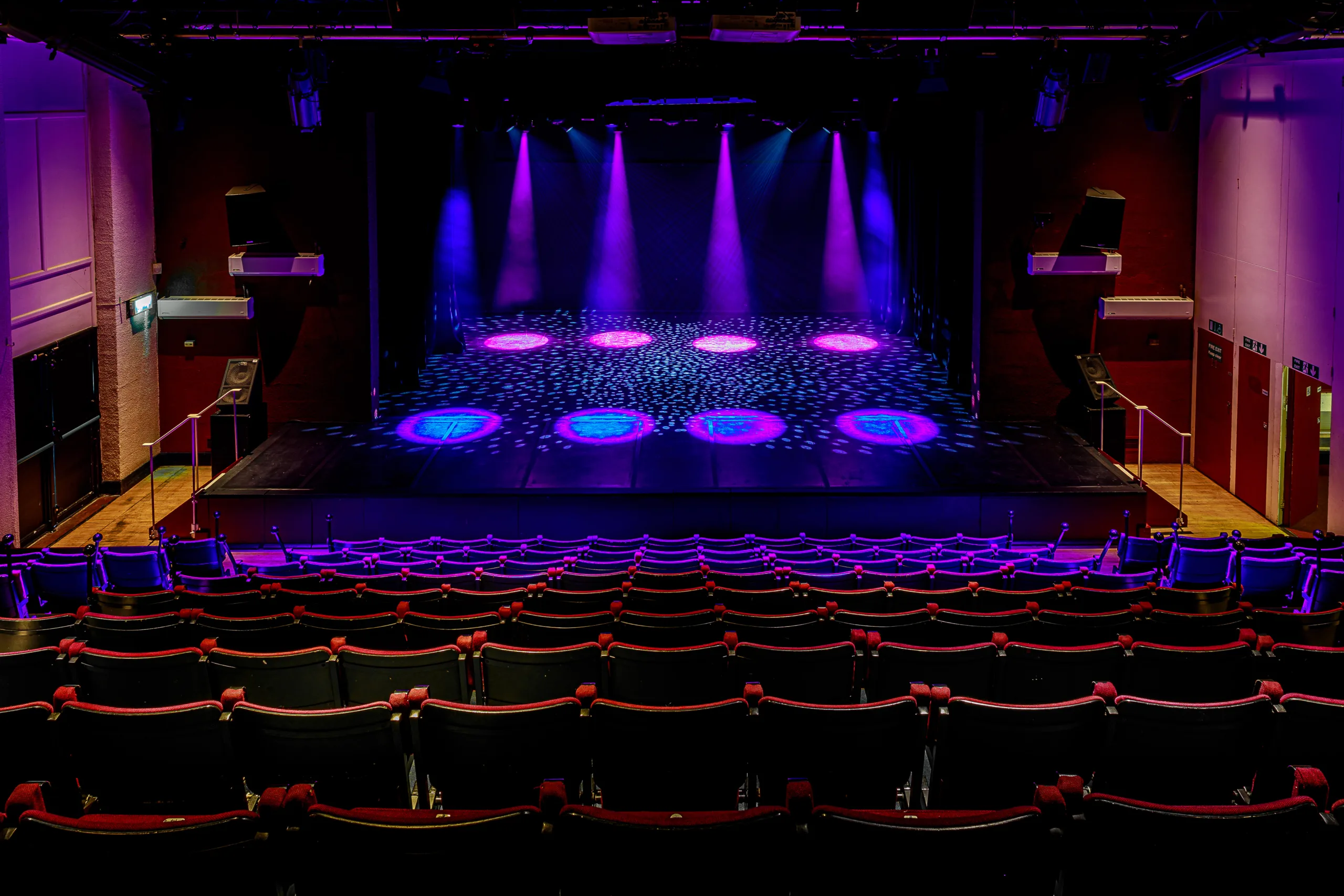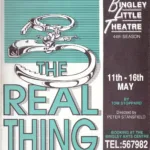Season 44 Play 7 – The Real Thing by Tom Stoppard
Directed by
Cast
Charlotte – Carolyn Wong
Henry – Stephen Brown
Annie – Jan Darnbrough
Billy – Michael Leach
Debbie – Kelley Fielding
Brodie – Gordon Parfitt
Synopsis
Tom Stoppard’s brilliant award-winning play. A constantly shifting and surprising essay on the nature of love, lack of faith, art and even reality, itself by one of Britains best playwrights.
Directors Notes
One charge has been persistently levelled at Stoppard over the years: that he fights shy of the basic human emotions. The Real Thing’, first mounted in November 1982, proves that Stoppard can write about the pain of adultery and the excitement of love without sacrificing one iota of his wit and intelligence. This is the most mature play, his best-structured play, indeed the best-written play in that the speeches spring off the page and nothing is wasted.
What actually is The Real Thing’ about? A whole host of matters. To what can we commit ourselves publicly and privately? What, in fact, is the real thing in love, writing, politics? Is love uniliterary? Do we inherit our notions of ‘good writing’ from what the good writers tell us? Is any public engagement with a cause the result of private disturbance? Is one man’s Procul Harum another man’s Verdi? Do concepts like politics, justice, patriotism have any existence outside our perception of them? Is adultery possible without pain? The plays
structure, like a series of Chinese boxes one deftly tucked inside another, is a direct reflection of its thematic pre-occupation with the real thing. But what makes this play unusual for Stoppard is that it is not merely written with panache (we expect that) but that it is also moving and painful.
It combines structural intricacy with profound feeling, a middle-class adultery comedy with an examination of art, language, politics, philosophy even. This time Stoppard has made a Fabergé egg but one that contains meat and substance and I surmise the play will be one of the handful written since the war that may be performed in the next century when manners and mores have changed.


